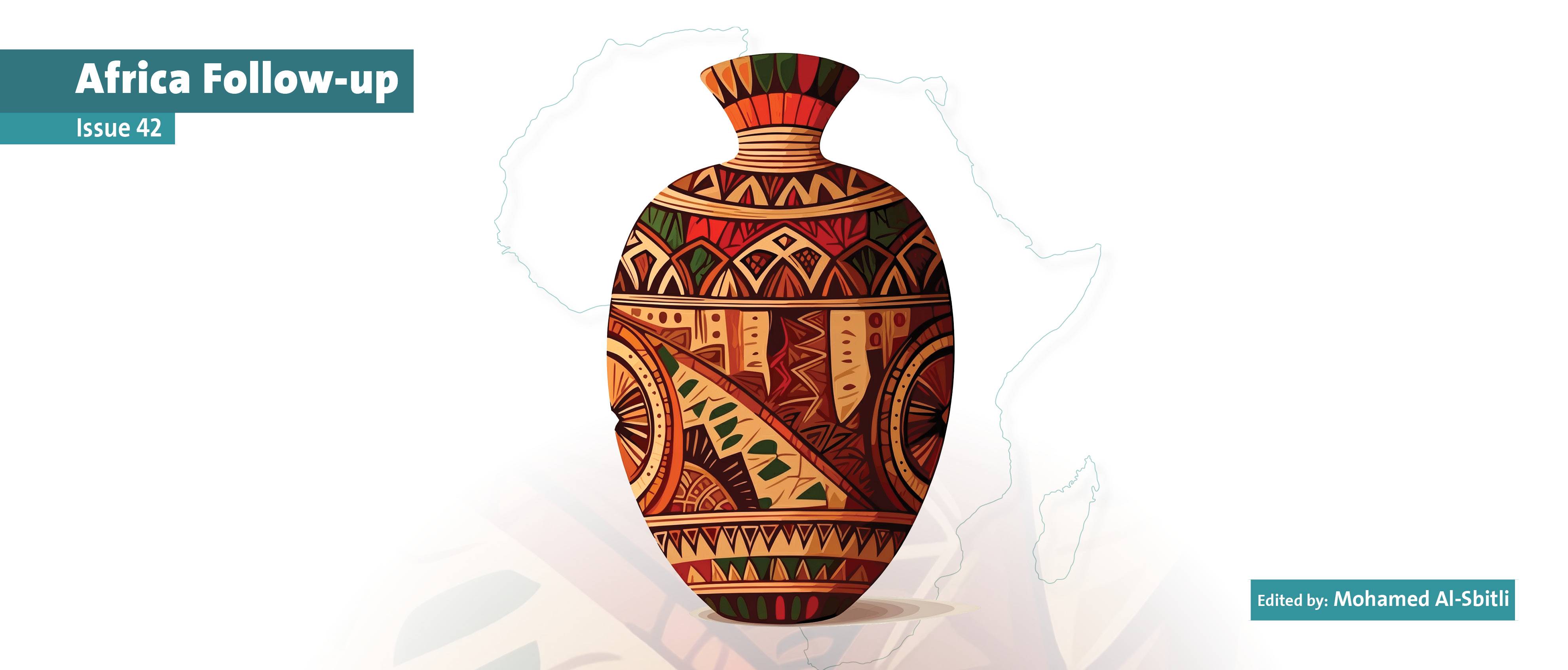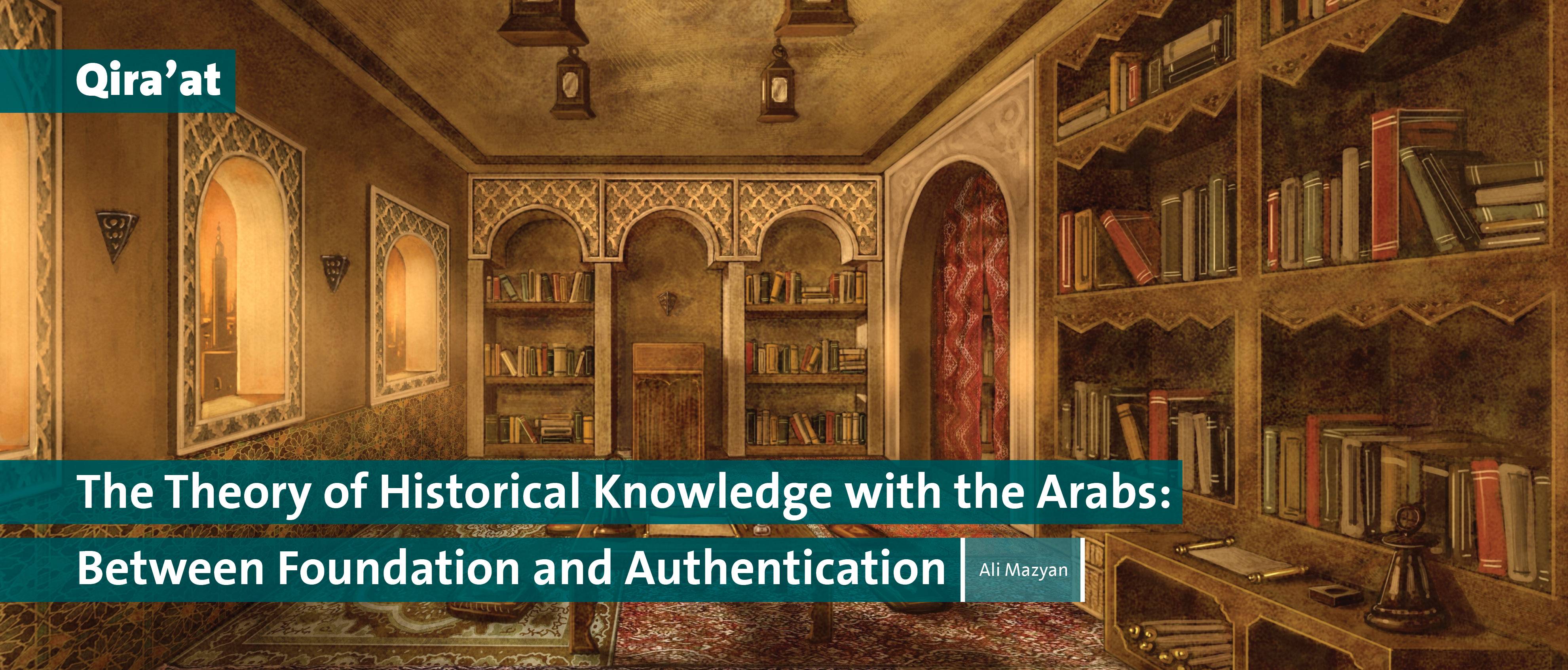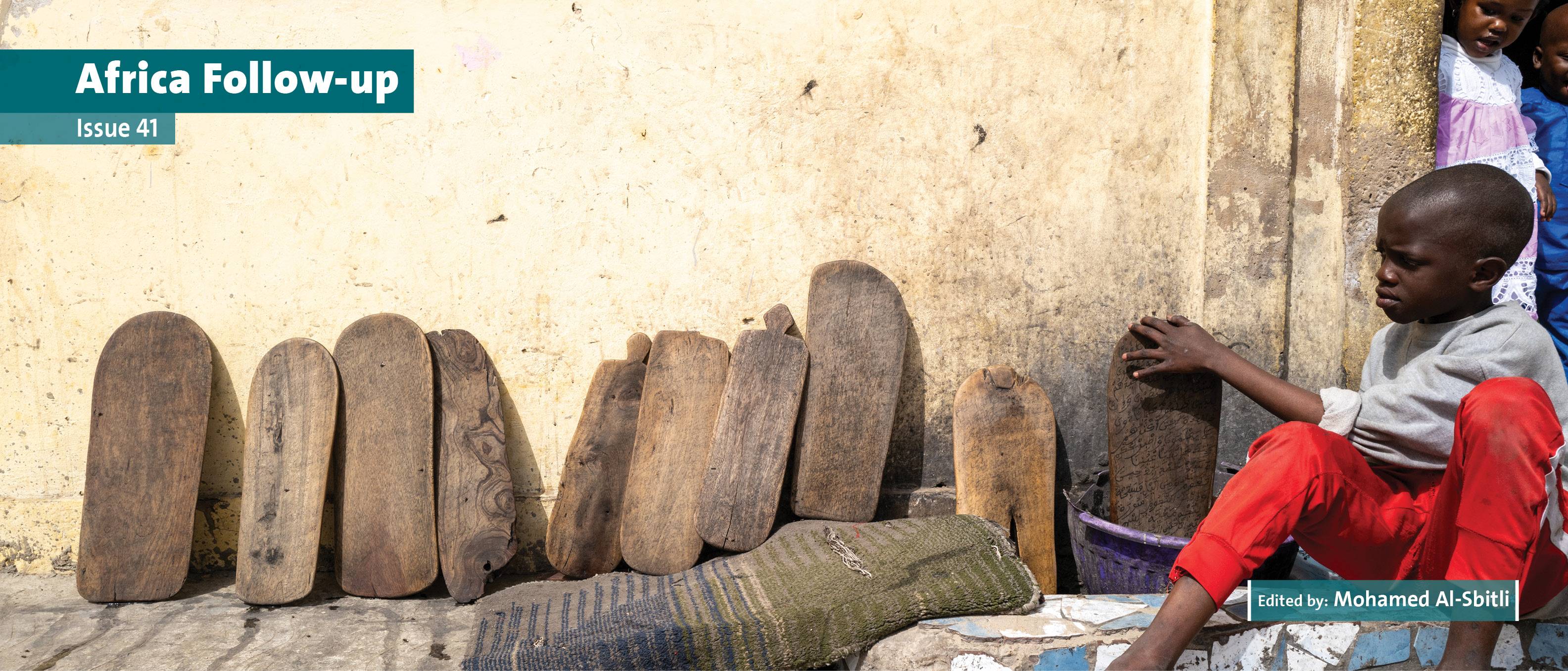Research Papers

Number: 74
Author: Dr. Manuel Schubert, Dr. Mohammad Alhajji, Mohammed Al-Kabour, Dr. Ali Alhakami, Ruba Al-Yousefi, Dr. Monerah Almahmoud, Dr. Camellia Alibrahim, Ahmad Angawi, Wiam Hasanain, Dr. Olayan Alharbi, Chaza Abou Daher, May Al-Baz, and Daniel Ahrndsen
Over the past decade, Behavioral Insights (BI) have proven to be a powerful tool for enhancing policy effectiveness worldwide. An active BI community in Saudi Arabia has leveraged these insights across various policy sectors. This paper explores how Vision 2030 – one of the world’s most ambitious behavioral change programs – can further benefit from the systematic use of Behavioral Insights in policy design and evaluation, focusing on education programs and human capability development.
The paper offers a structured approach

Number:
Author: Yahya Alshamy
Traditionally, Saudi Arabia has been characterized as a quintessential rentier state, reliant on natural resource rents to sustain its economy, fund its welfare system, and maintain political stability. Previous rentier state literature studying the Gulf has emphasized Saudi Arabia’s dependence on oil income, which allowed it to function with minimal taxation and limited economic diversification. However, since the launch of Vision 2030 in 2016, Saudi Arabia has embarked on a large-scale governmental program of reform aimed at diversifying its economy, reducing dependence on oil, promoting private sector growth and foreign investment, and restructuring the labor f
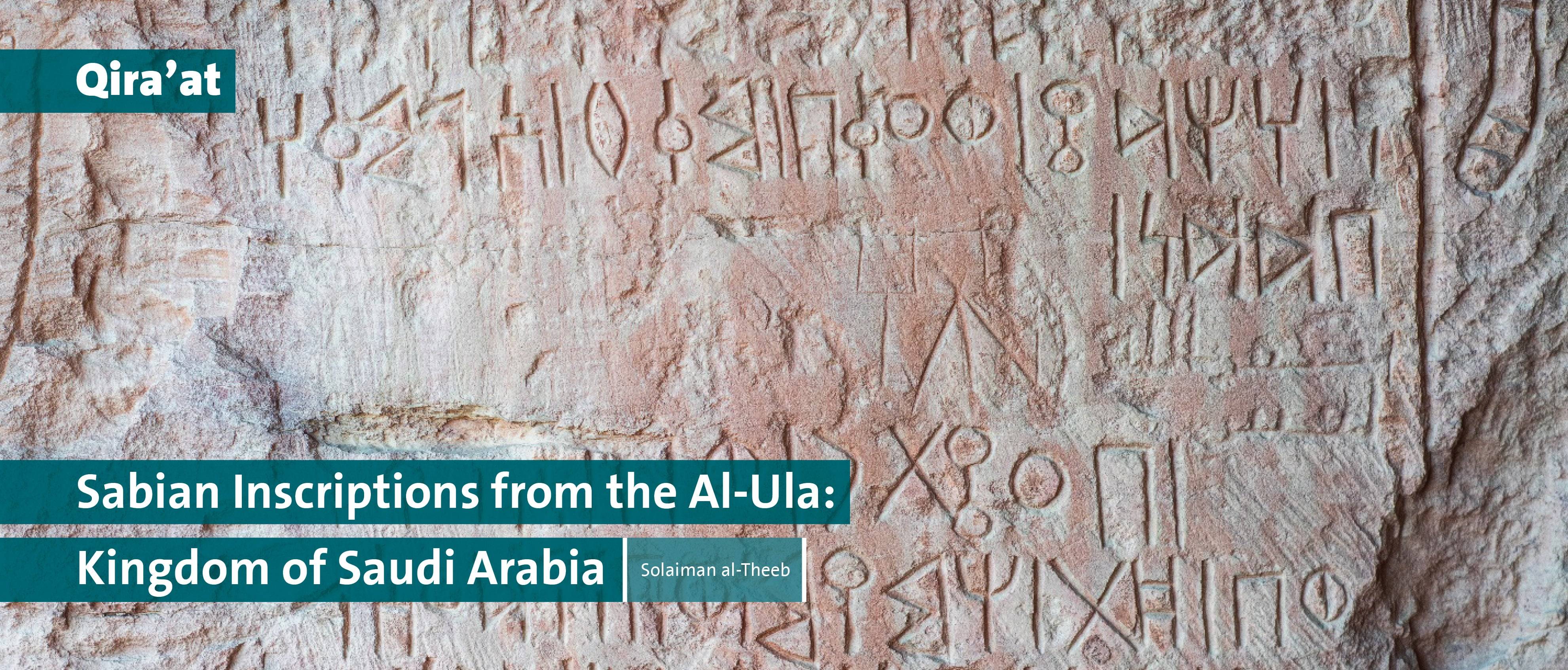
Number: 22/23
Author: Solaiman al-Theeb
These inscriptions were carved into the northern face of Mount Saq, which stands 220 meters high, located in the western part of Wadi Al-Qura, extending approximately two kilometers from north to south. It is located three kilometers from the current archaeological site of Dadan. Notably, the site is just one kilometer north of the well-known site “Um Daraj,” where numerous religious artifacts and statues of various sizes and shapes—over three thousand statues, most of which bear late Dadanite inscriptions—have been uncovered. Interestingly, Um Daraj is located north of Wadi Saq, while our site lies to the south.
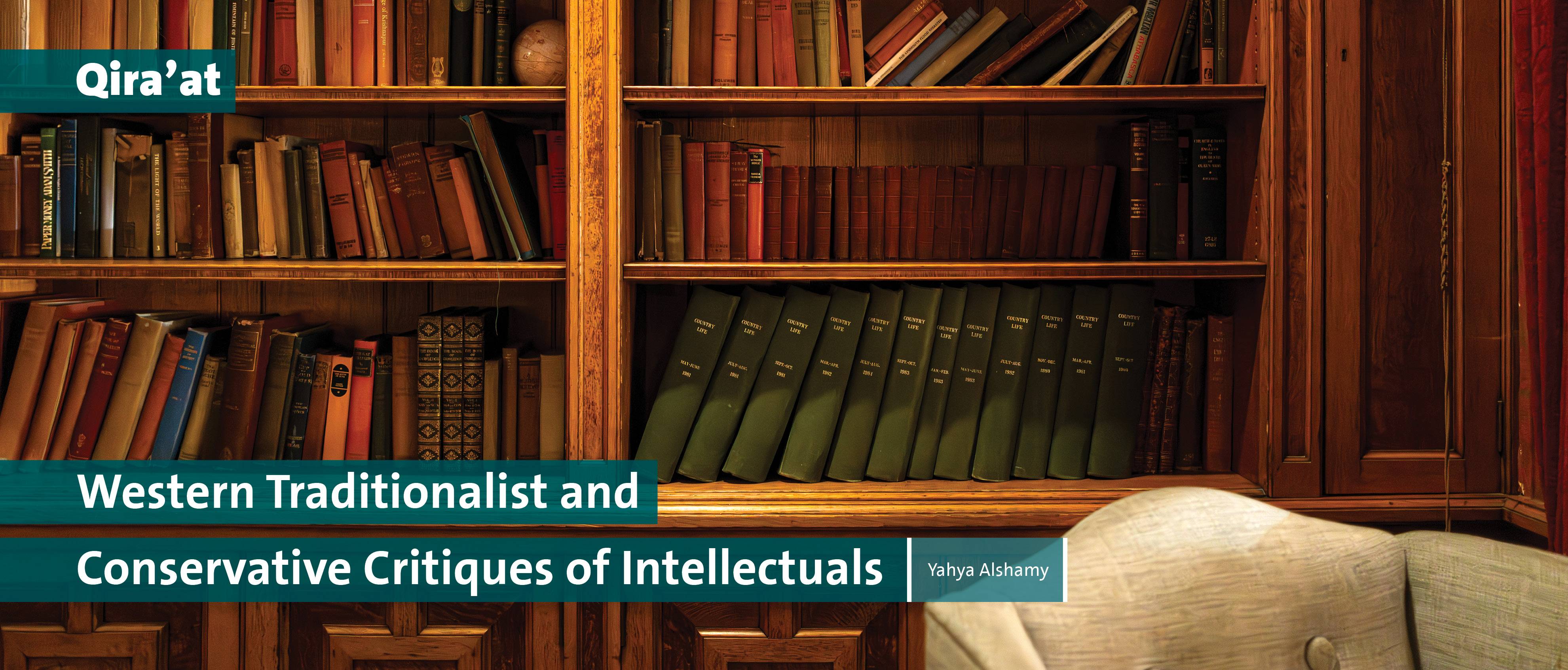
Number: 19/20
Author: Yahya Alshamy
This paper examines Western conservative and traditionalist critiques of intellectuals, focusing on Friedrich Hayek, Thomas Sowell, Roger Scruton, and Patrick Deneen. Since modernity, intellectuals have played an increasingly significant role in shaping social and political life, often driving ideological change. Their influence, particularly in advancing leftist ideas, has made them a focal point of criticism from conservatives and traditionalists, who argue that intellectuals undermine traditional institutions and promote unrealistic policies. This paper analyzes and compares the critiques of these four thinkers, highlighting their epistemic, pragmatic, and ideologica
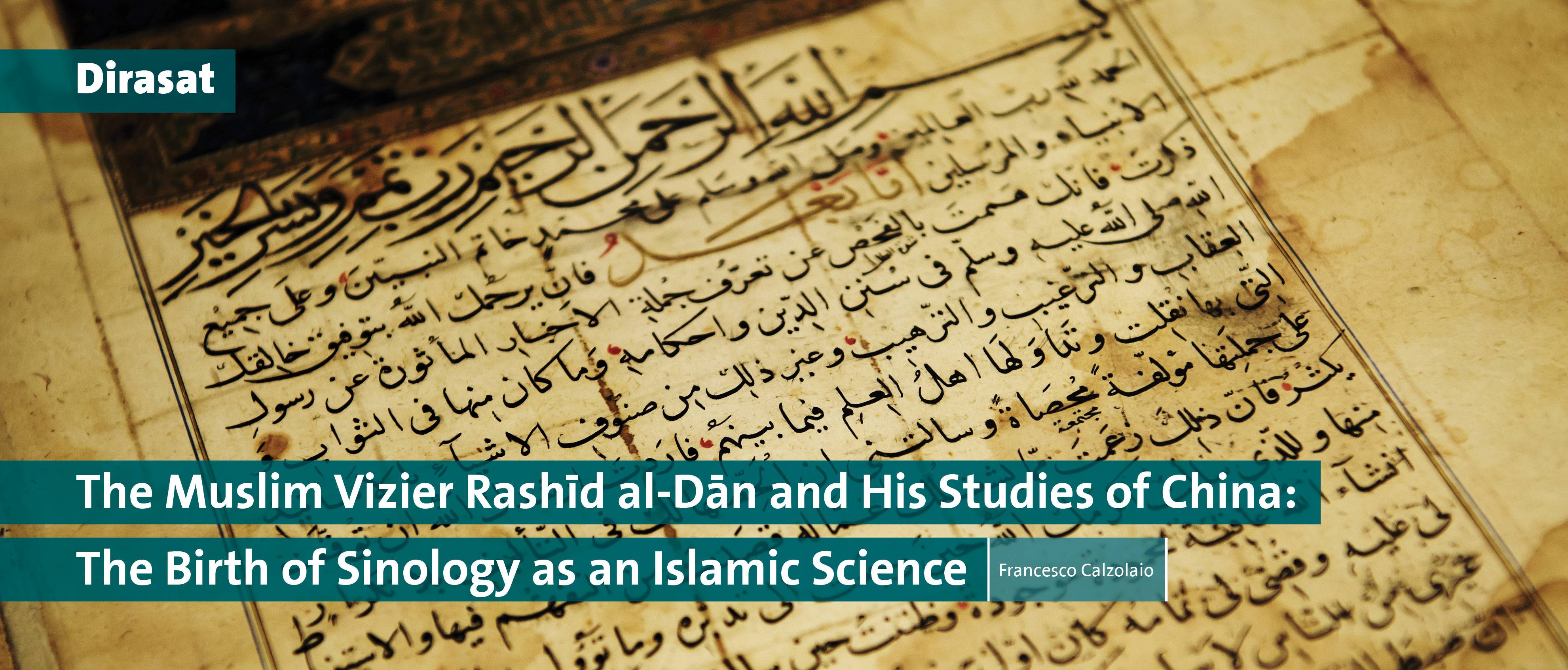
Number: 73
Author: Francesco Calzolaio
The vizier and scholar Rashīd al-Dīn al-Hamadani (d. 1318) is a towering figure in Islamic intellectual history. His impressive scholarly output spans several fields and rivals that of the most illustrious Islamic thinkers in terms of depth, sophistication, and impact. Relative to his importance, however, scholarship about him is fairly limited. This is beginning to change, as in recent years monographs that explore his intellectual contributions in a number of key areas have begun to appear. Until now, however, very little scholarship has treated one of the most original areas of his scholarly production: the study
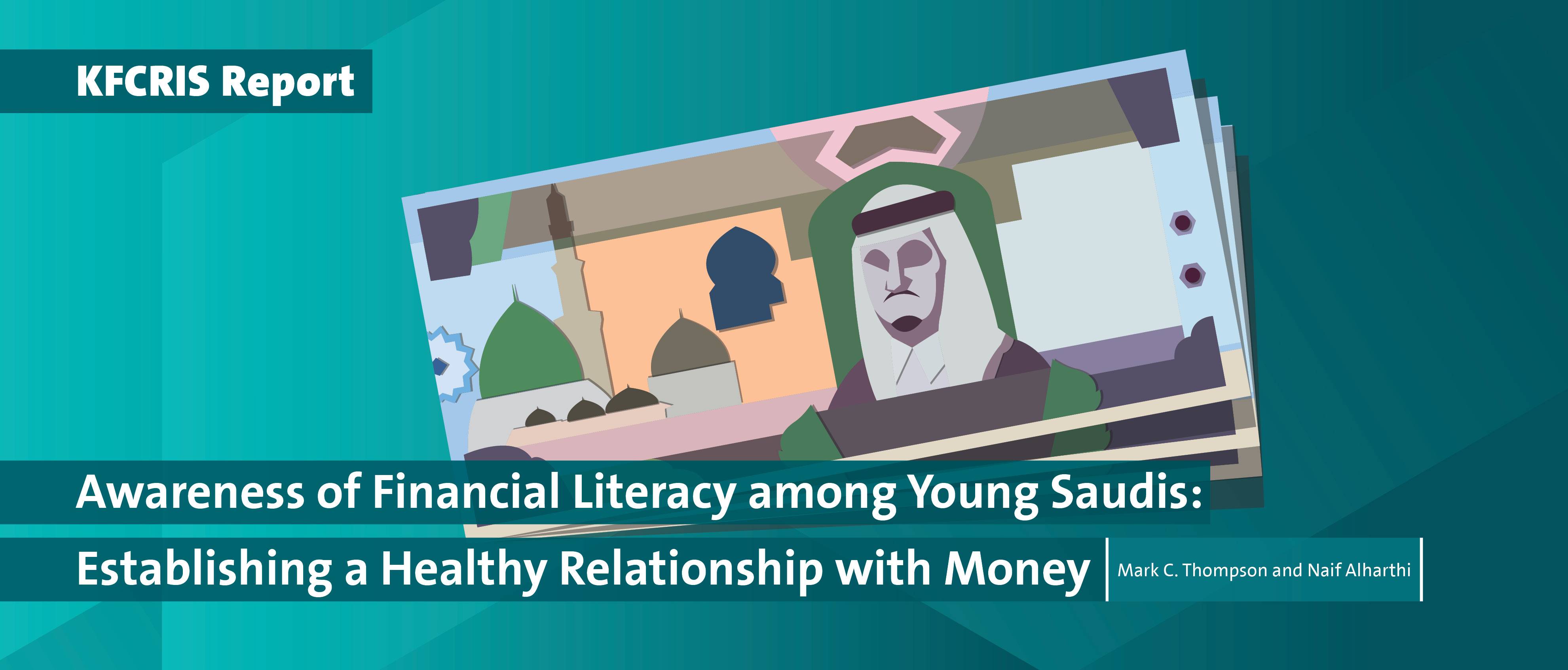
Number:
Author: Mark C. Thompson and Naif Alharthi
Financial literacy signifies the ability to make financial decisions based on informed reasoning. Thus, an individual who is financially literate has the foundation of a healthy relationship with money. This report considers the extent that Saudi youth are aware of the importance of financial literacy, and whether they have been equipped with the required knowledge to adopt effective financial literacy practices. The report also documents the contemporary financial habits of young Saudis to ascertain who or what is shaping Saudi youth behavior when it comes to saving and spending. In sum, this report delves into the tapestry of young Saudis&rsq
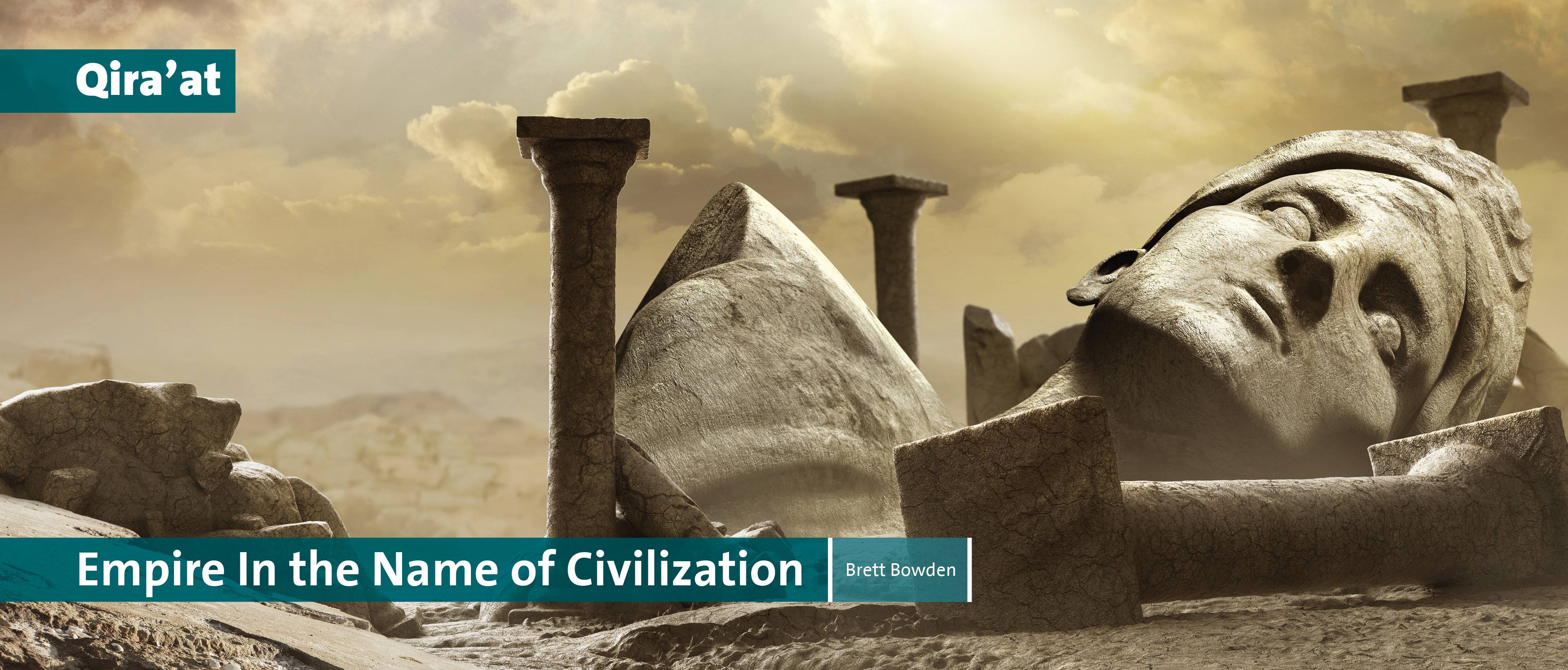
Number: 17
Author: Brett Bowden
The Empire of Civilization was prompted by a series of recent calls for new standards of civilization to help us add order to our sometimes chaotic world. Influential advocates have outlined a range of perceived benefits this might bring for the global human condition. But they have given little consideration to the downsides of such a course of action. This oversight is particularly disconcerting given that the language of civilization comes with so much baggage. The terrorist attacks of September 11, 2001, and the subsequent launch of the global war on terror—a war that the most powerful man in the world at the time, United States President George W. Bush, saw a




